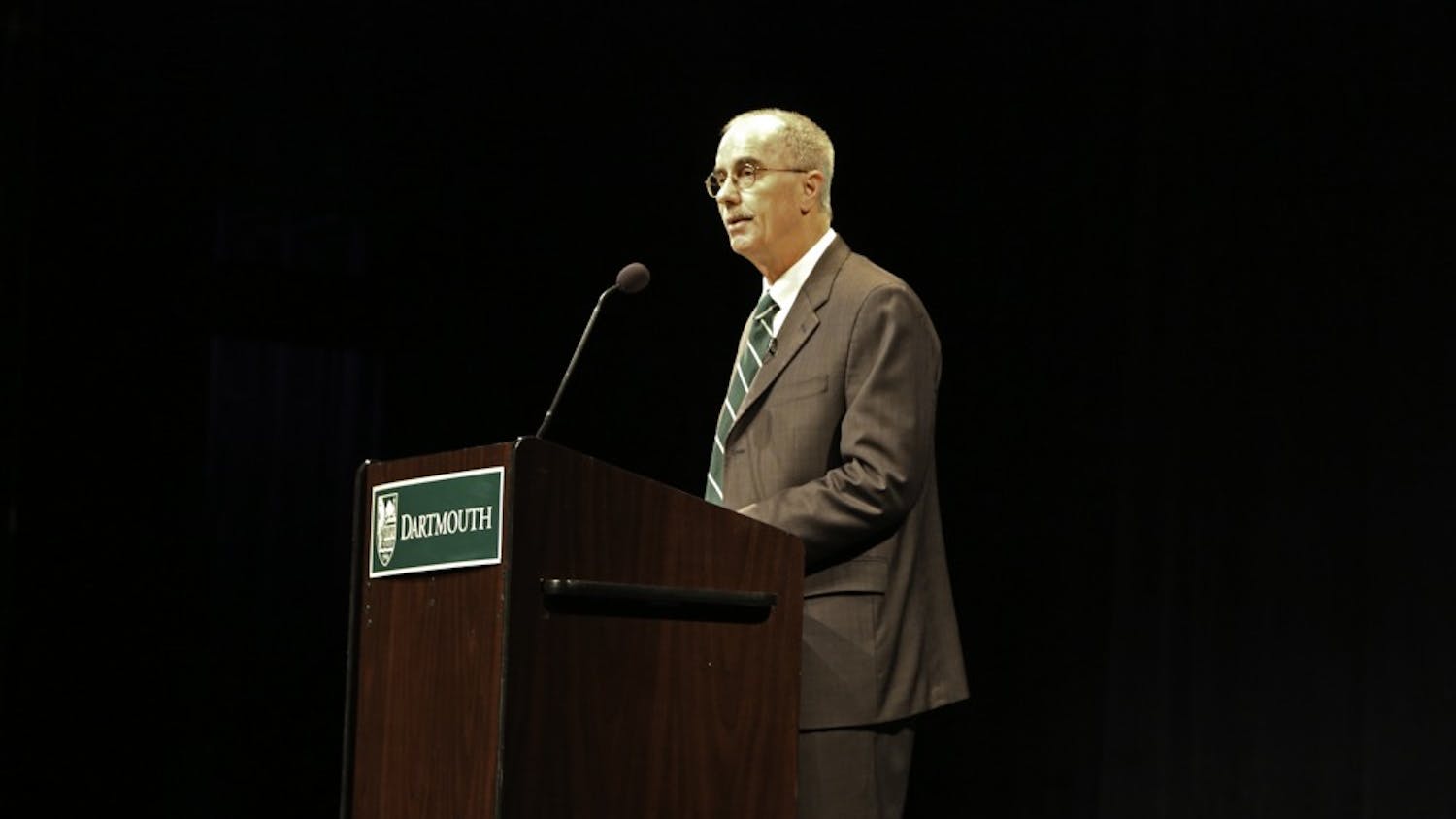Dartmouth has a rigorous honor code, and students are frequently reminded of this fact. Summaries of Dartmouth’s rules against prohibited collaboration and other forms of academic dishonesty are conveniently printed on the cover page of many in-class exams, and verbal reminders are often given when a take-home assignment like a lab report is handed out.
Even though the onus to uphold Dartmouth’s standards of academic honesty rightly falls onto each individual student, it is worth considering the value that take-home assessments add to Dartmouth’s curricula in the first place. While granting students permission to work on an assignment in their own time and without supervision makes sense in certain cases, take-home assessments are not necessary in all situations and their superfluous use at the College should be limited.
Although I am only a sophomore, almost all of my classes have had some form of take-home assessment which contributed to my final grade. In most classes, the take-home nature of the assignment made sense to me. For instance, a take-home midterm for a biology class consisted of long and detailed problems that required extended periods of logical reasoning to solve. In other words, the midterm simply couldn’t be accomplished in a single day, let alone a single class period. Importantly, the answers to the midterm were not of the kind that could be determined from a quick Google search or a glance through a textbook, but instead required paragraphs of explanation — thereby eliminating the main avenues by which students could cheat and gain an unfair disadvantage over others.
In other classes, however, professors’ reasons for providing a take-home assessment were far less apparent. For instance, online midterms in some classes, particularly commonly designated “lay-ups,” do not take more than a class period to complete, and ask questions whose answers can easily be Googled or deduced from a quick glance through one’s notes or textbook. In these cases, some students choose to rely on prohibited resources instead of studying, because there are no proctors or other students around to prevent them from doing so.
Dartmouth’s Academic Honor Principle is akin to that of many other institutions of higher education, including those in the Ivy League. It asserts that “Dartmouth operates on the principle of academic honor, without proctoring of examinations” and outlines a policy on “unauthorized collaboration” for the case of take-home papers or tests. While honor codes check boxes on paper, various studies have established that honor codes do not actually limit instances of cheating. Indeed, Dartmouth has experienced its fair share of nationally recognized cheating scandals, such as in 2015 when 64 Dartmouth students were charged with academic dishonesty in an ethics class. Because students were graded on in-class participation, students began answering clicker questions on behalf of their friends, allowing some students to skip coming to class altogether.
The failure of honor codes to do their job is not a problem that is specific to Dartmouth. Case studies at many other top universities provide evidence that honor codes fail to significantly decrease rates of cheating and academic dishonesty. For instance, a survey of honor-code colleges and universities in the United States found that half of students admitted to engaging in some form of cheating. Therefore, because they don’t actually dissuade students from cheating, honor codes should not be relied upon more than they have to be.
Apart from the obvious moral issue with cheating, academic dishonesty on take-home assessments disadvantages students who don’t cheat, especially when examinations or classes are curved. Why should students spend their precious time studying, when others use their textbook to fill in all the blanks and receive a better grade for doing so?
Certain take-home examinations can provide valuable opportunities for students’ academic growth by truly testing students on their understanding of the material at hand. By asking questions that cannot be found on the Internet or in the textbook, or requiring students to train difficult skills that go beyond memorization and plug-and-chug techniques, some take-home exams are sufficiently challenging. Despite a well-written exam, however, there may be other opportunities to cheat, like using notes and the Internet when not permissable.
In general, take-home midterms open the door wide open for cheating and other violations of academic integrity that could easily be avoided. In turn, they undermine honor codes that set standards for the Dartmouth community and foster a culture of academic integrity.




